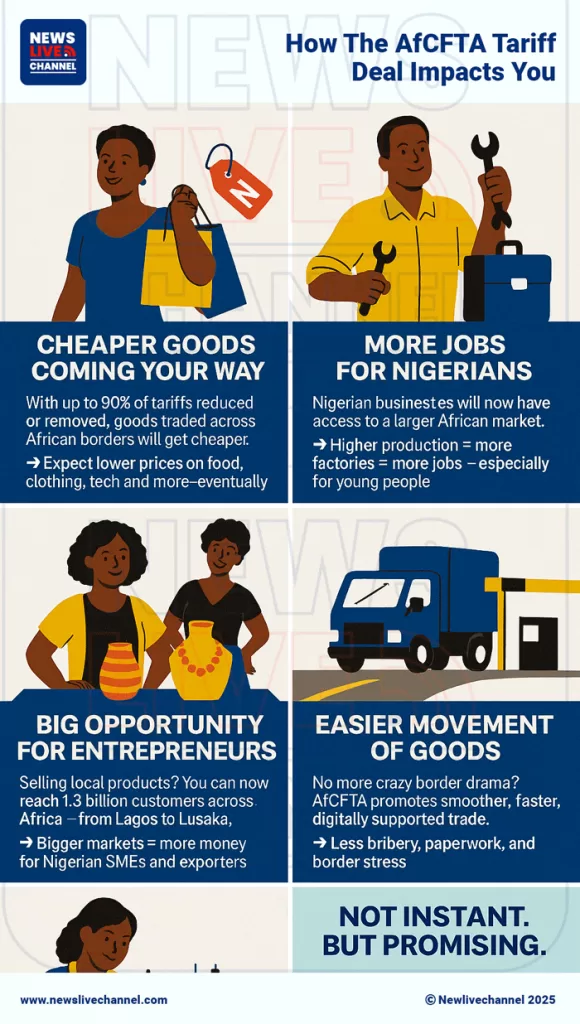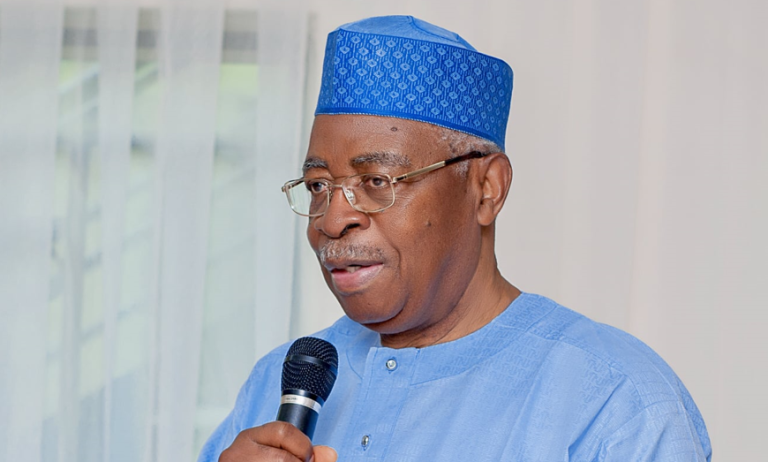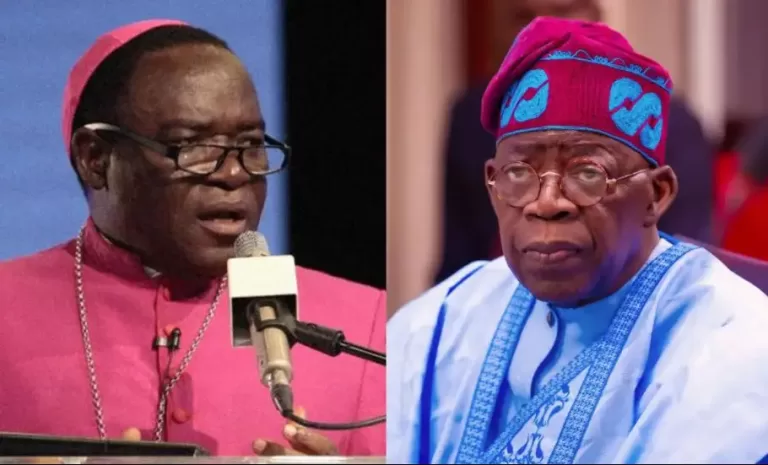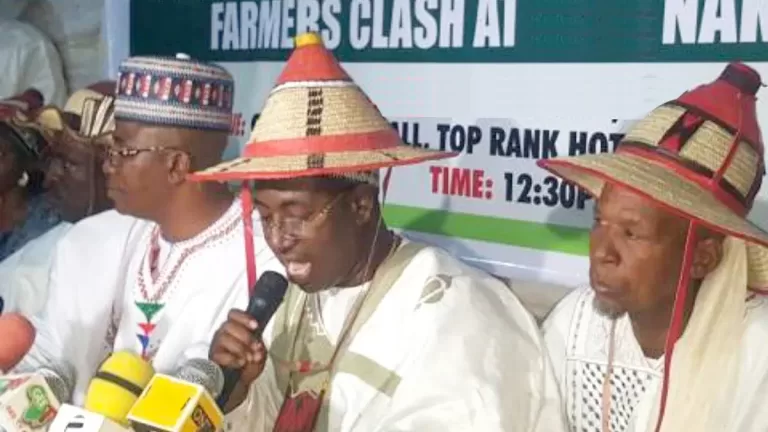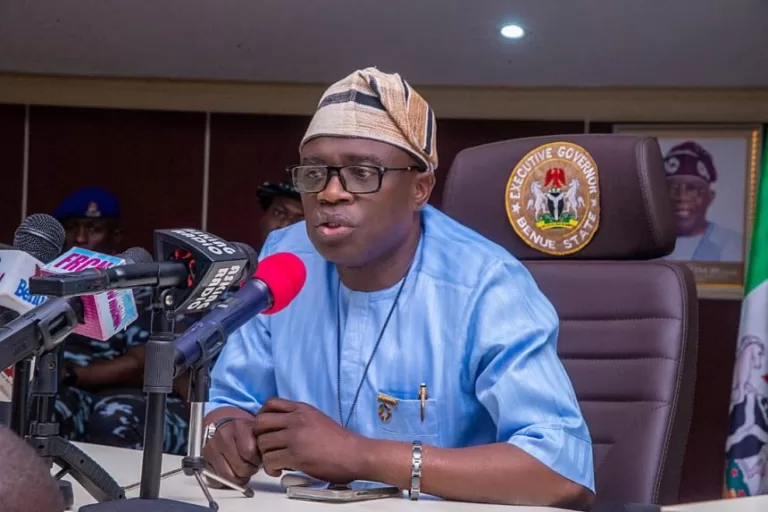
ABUJA — In a move poised to reshape regional commerce, the Federal Government has formally gazetted and transmitted the Economic Community of West African States (ECOWAS) Schedule of Tariff Offers for trade in goods under the African Continental Free Trade Area (AfCFTA) agreement to the AfCFTA Secretariat.
This milestone was announced by Dr. Jumoke Oduwole, Minister of Industry, Trade and Investment, ahead of the 16th meeting of the AfCFTA Council of Ministers responsible for trade, which convened Tuesday in Kinshasa, Democratic Republic of Congo.
The gazetted tariff schedule reflects Nigeria’s strategic commitment to regional integration and intra-African trade expansion. Under the AfCFTA framework, 90% of tariff lines for goods traded between member countries will now attract zero duties—unlocking vast economic potential for Nigerian exporters and manufacturers.
“Nigerian goods are now competitively positioned in the African market, ensuring greater business access and profitability,” Oduwole said.
President Bola Ahmed Tinubu’s endorsement of the ECOWAS schedule is seen as a strong political signal, reinforcing Nigeria’s resolve to harness the benefits of AfCFTA. The move comes just months after Nigeria initiated its first shipment under the agreement in July 2024.
Expanded Market Access, Job Creation
Oduwole outlined a broad spectrum of benefits expected from this development, including economic growth, job creation, reduced trade barriers, and an improved investment climate.
The formalization of the tariff schedule also enhances Nigeria’s attractiveness as a trade and logistics hub in West Africa, while offering critical support to small and medium-sized enterprises (SMEs) by reducing operational costs and encouraging expansion.
“The gazetting of the ECOWAS tariff schedule signals that Nigeria is open for business and ready to compete,” the minister said.
Long-Term Strategy with Phased Reductions
Under Nigeria’s preferential classification within the AfCFTA, tariff reductions will follow a phased plan over ten years, starting from 2021.
- By 2025, tariffs on goods from Least Developed Countries (LDCs) will be reduced by 50%, through annual 10% cuts.
- For goods from more developed African countries, Nigeria will implement a more aggressive reduction—cutting tariffs by 20% annually, reaching full elimination in just five years.
This gradual approach allows Nigeria to balance domestic industry protection with regional trade liberalization.
The Road Ahead: Removing Non-Tariff Barriers
While the gazetting represents a significant milestone, Oduwole acknowledged that challenges remain. Non-tariff barriers (NTBs), such as cumbersome customs processes and inadequate infrastructure, continue to limit trade fluidity across the continent.
“Beyond tariffs, we must confront non-tariff barriers that still hinder market access and ensure that our businesses can compete by meeting international standards,” she said.
As one of AfCFTA’s digital trade champions, Nigeria is also positioning itself at the forefront of cross-border e-commerce, promoting digitized customs, payments, and logistics systems to drive inclusive trade across the continent.
A Step Toward a Borderless Africa
Tuesday’s announcement is the clearest signal yet that Nigeria intends to lead the charge in building a unified African market. For local businesses, exporters, and investors, it marks a pivotal moment—one that promises to bring Africa’s long-envisioned economic integration closer to reality.
“We’re not just signing documents; we’re opening markets and creating pathways for sustainable development,” Oduwole concluded.
